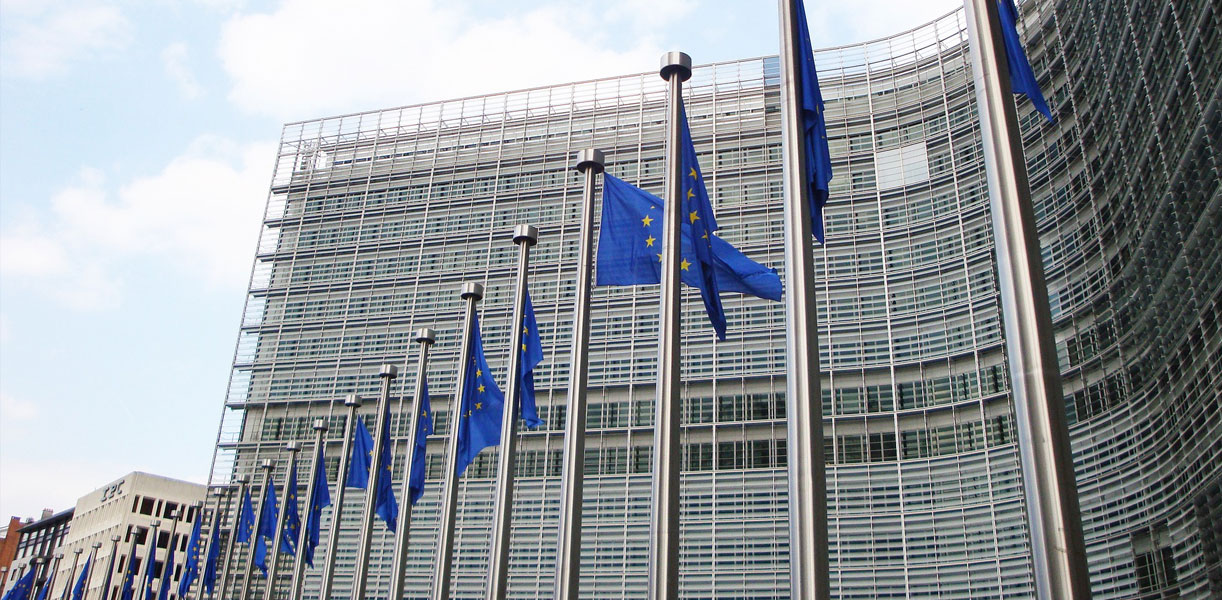The Energy Regulatory Office issued a communication regarding the European Commission Consultation on changes in network codes. According to it, consultations conducted by the European Commission’s Directorate-General for Energy (DG Energy) are ongoing until June 15. The proposed changes concern procedural and technical issues in the four existing network codes:
- CACM (guidelines on capacity allocation and congestion management),
- FCA (guidelines for long-term capacity allocation),
- EB GL (electricity balancing),
- SO GL (guidelines for the operation of the electricity transmission system).
Network codes are documents that regulate, among others management of transmission systems and issues of effective and non-discriminatory access to interconnectors to ensure cross-border exchange of electricity. Network codes are adopted in the comitology process and, after adoption by the European Commission, are directly applicable in all EU countries.
In accordance with art. 61 of the Regulation of the European Parliament and of the Council (EU) of 5 June 2019 on the internal electricity market (2019/943), the Commission is empowered to adopt and amend binding guidelines on network codes. To this end, it shall consult the European Agency for the Cooperation of Energy Regulators (ACER), the European Network of Electricity Transmission System Operators (ENTSO-E), distribution system operators from Member States and, where appropriate, other interested parties.
The Commission plans to adopt a new implementing regulation, which aims to clarify the ambiguous wording in the existing legislation on the process of developing and approving detailed common rules under the guidelines governing key cross-border aspects of the wholesale electricity market in the European Union.
The Commission is awaiting comments in any official language of the European Union, but, as it points out, a contribution in English would be most desirable. The Commission’s Directorate General for Energy will publish the responses received on its website.



